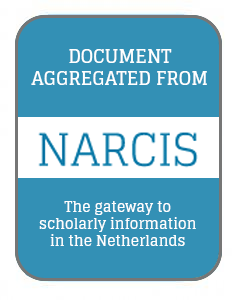Supporting capacity development for sustainable agricultural water management The International Programme for Technology and Research in Irrigation and Drainage (IPTRID) is a multi-donor trust fund managed by the IPTRID Secretariat as a Special Programme of FAO. The Secretariat is located in the…
Food systems are being transformed at an unprecedented rate as a result of global economic and social change. Urbanization, foreign direct investment in markets of developing countries and increasing incomes are prime facilitators for the observed changes, while social changes, such as the…
The 26 December 2004 earthquake and tsunami devastated the lives of millions. With considerable determination, local communities have joined national and international organizations and governments to bring relief and start the recovery work. FAO has been involved in assisting the affected…
The preliminary conclusions put forward in this Rural Sector Note may be used as basis for further discussions between the Government and the World Bank to ascertain the mutual interest in any programme or project follow up. Although the problem of funding does not seem to SURINAME: Rural Sector…
Globally, according to FRA 2000, planted forests accounted for only 5% of forest area, but up to 35% of industrial roundwood supply. This is anticipated to rise to 40-44% by 2020. Planted forests reflect a higher social, environmental and economic importance than their area would suggest. Many…
The IPTRID programme is a multi-donor trust fund managed by the IPTRID Secretariat as a Special Programme of FAO. The Secretariat is located in the Land and Water Development Division of FAO and draws on a worldwide network of leading centres of excellence in the field of irrigation, drainage…
The International Programme for Technology and Research in Irrigation and Drainage (IPTRID) is an international multi-donor programme, co-managed by partner organizations, created in 1990 at the request of the International Commission for Irrigation and Drainage (ICID). Its Secretariat, first…
Het doel van dit onderzoek was : Het verkrijgen van inzicht in de besluitvorming rondom de beheersing van wateroverlast en watertekort om vanuit dit inzicht het verloop van de besluitvorming te kunnen begrijpen en aanbevelingen te kunnen doen voor de aanpak van dit besluitvormingsproces. Het…



